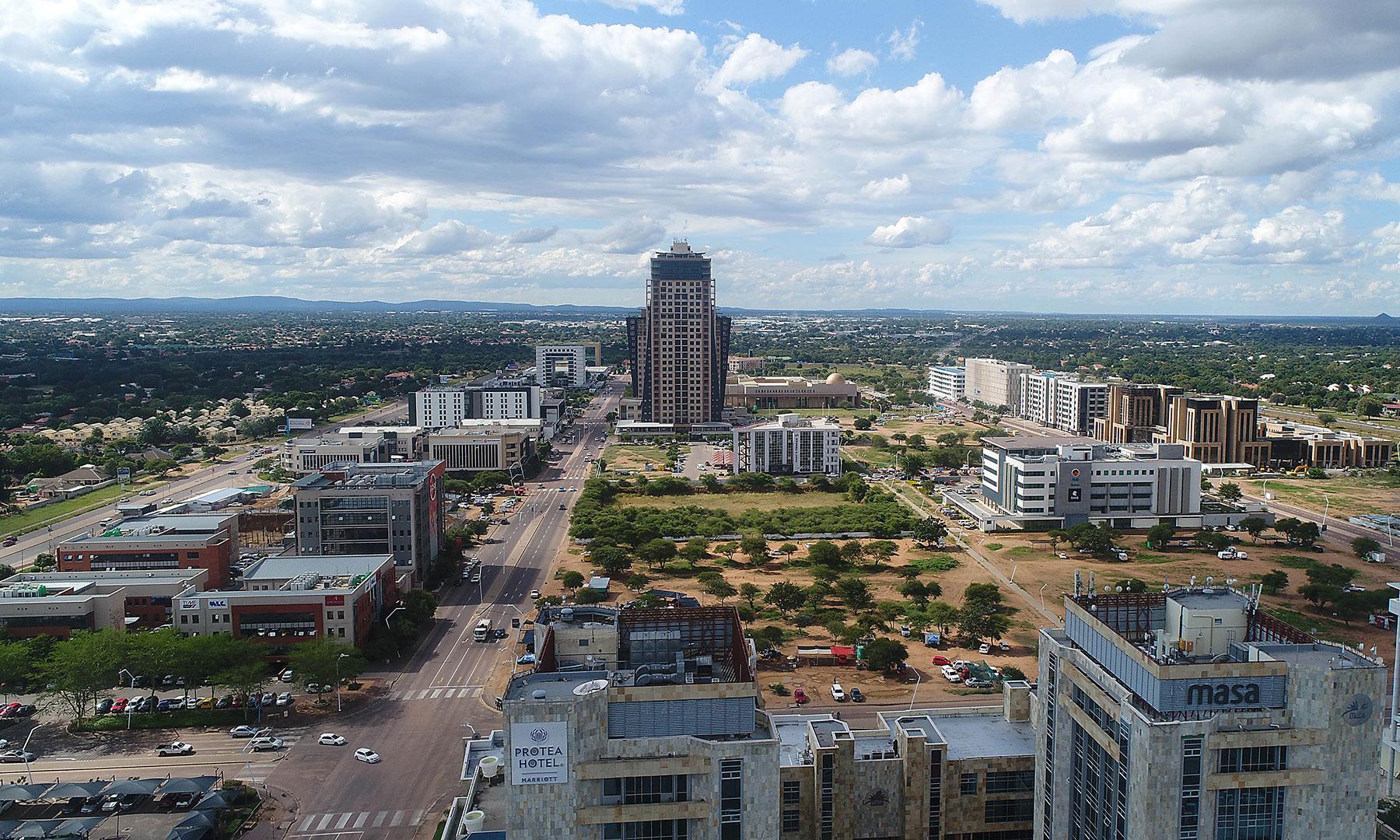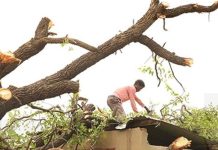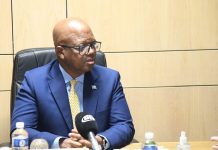Africa-Press – Botswana. With an all-important election only a year away, President Mokgweetsi Masisi may be denied the opportunity of doing what his predecessors have done over five decades: throw money at problems to keep voters happy.
The latest figures from the African Development Bank (AfDB) show that Botswana falls among six countries whose economies are not particularly doing well. Libya, Sudan, and South Sudan—went into recession in 2022 and faced prolonged growth decelerations sparked by internal imbalances and COVID-19.
“In addition to the three countries experiencing a recession, three others recorded rapid growth deceleration: Morocco (6.8 percentage points), Botswana (6.1 percentage points), and Zimbabwe (5.5 percentage points). Morocco’s deceleration was attributed to a drought, and Botswana’s to declines in both mining and non-mining output and an ebbing base effect. Zimbabwe’s growth slowdown was attributed to low agricultural output due to drought and persistent domestic macroeconomic imbalances,” says AfDB’s African Economic Outlook for 2023.
Botswana’s deceleration is the continent’s highest for non-oil-exporting resource-dependent countries, whose economies suffered badly from falling commodity prices, especially for metals and other minerals.
“Average growth for the group declined to an estimated 3 percent in 2022 from 4.5 percent in 2021. The key factors for weaker growth include inadequate electricity generation, subdued household consumption spending due to high inflation, weak global demand, and high indebtedness,” the Bank says.
Botswana is also among countries whose currency depreciated by more than 10 percent against the US dollar, due to global risk aversion and waning investor confidence. The others are Cabo Verde, Comoros, Ethiopia, Malawi, Morocco, São Tomé and Príncipe, South Africa, Tunisia as well as countries in the West African Economic and Monetary Union (WAEMU) and the Economic and Monetary Community of Central Africa Monetary Union – or CEMAC from its name in French: Communauté Économique et Monétaire de l’Afrique Centrale. WAEMU is made up of Benin, Burkina Faso, Côte’d’Ivoire, Guinea-Bissau, Mali, Niger, Senegal, Togo while CEMAC is made up of Cameroon, Central Africa, Chad, Equatorial Guinea, Gabon and Republic of the Congo.
Notwithstanding this less-than-stellar outlook, the bank has some positive things to say about Botswana, suggesting it retains confident in its ability to turn the situation around.
“Botswana developed a reputation for prudent fiscal management of its mineral wealth, and other African countries can learn from it. As part of its efforts for sustainable development and economic stability, it implemented a Sustainable Budget Index, which is the ratio of recurrent (non-investment) spending to non-mineral revenues. If the index equals 1, recurrent spending is financed partly by mineral revenues. A value less than one implies sustainability since non-recurrent revenue (mineral revenue) is being saved or spent on public investment in education.”
Botswana goes to the polls next year and Masisi’s re-election chances are riding on whether he can deliver a strong economy.
For More News And Analysis About Botswana Follow Africa-Press






